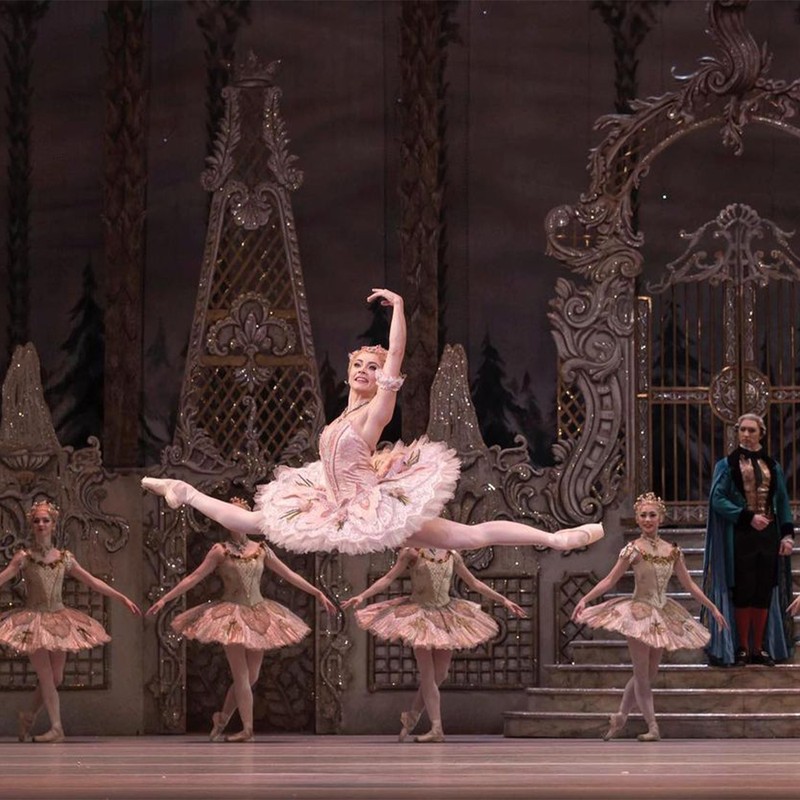What It’s Like To Be A Royal Ballet Dancer
Class starts at 10:30am every morning. It then runs until 11:45am with a 15-minute break. At 12pm, we all split off into various rehearsal rooms depending on what performances are happening at that point in the year. Rehearsals can go on until 6pm – there’s supposed to be an hour’s break in there somewhere, but it’s all quite organic depending on how much work needs to get done and at what point in the season we are. No two days are really the same. Productions tend to overlap all the time and there have been times where we’ve been rehearsing up to six ballets at a time, not including the performance that then happens in the evening!
We’re supposed to get a two-hour break before a show. That should give us enough time to rest, have something to eat, do our make-up and re-warm up before we go on stage. But it isn’t actually as long as it sounds – if you have a principal role, your schedule might be a bit more flexible to allow you more time to get in the zone, but for the rest of us, the days can be really long if you’re in a big-style ballet and have been on the go since 9am.
Nutrition is so important – not least to be able to fuel your body through all of this. Smart snacking is usually the answer, as opposed to large meals. Often, there isn’t a huge amount of time to digest a lot of food in between class, rehearsal and performance so planning your food for the day is crucial – and it’s worth saying that it’s so personal too. Some people can eat mountains of food and never look or feel different, and other people dance 14 hours a day without needing to eat any more than normal. The perspective and position around physical and mental health has changed so much, even in the ballet world. The role of the nutritionists here is to help us stay in peak health.
I started dancing very young. My mum took my sister and I to classes when we were only about two or three. Then, during one of my regular exams, the examiner mentioned in one of the comment sections that I should apply for the Royal Ballet’s Junior Associates (JA) programme. These were Saturday-only sessions which took place all around the country. It gave the Royal Ballet School the chance to pool talent from across the UK and find children from all sorts of areas who could potentially join the Royal Ballet School, White Lodge, when they were 11. That’s what ended up happening to me.
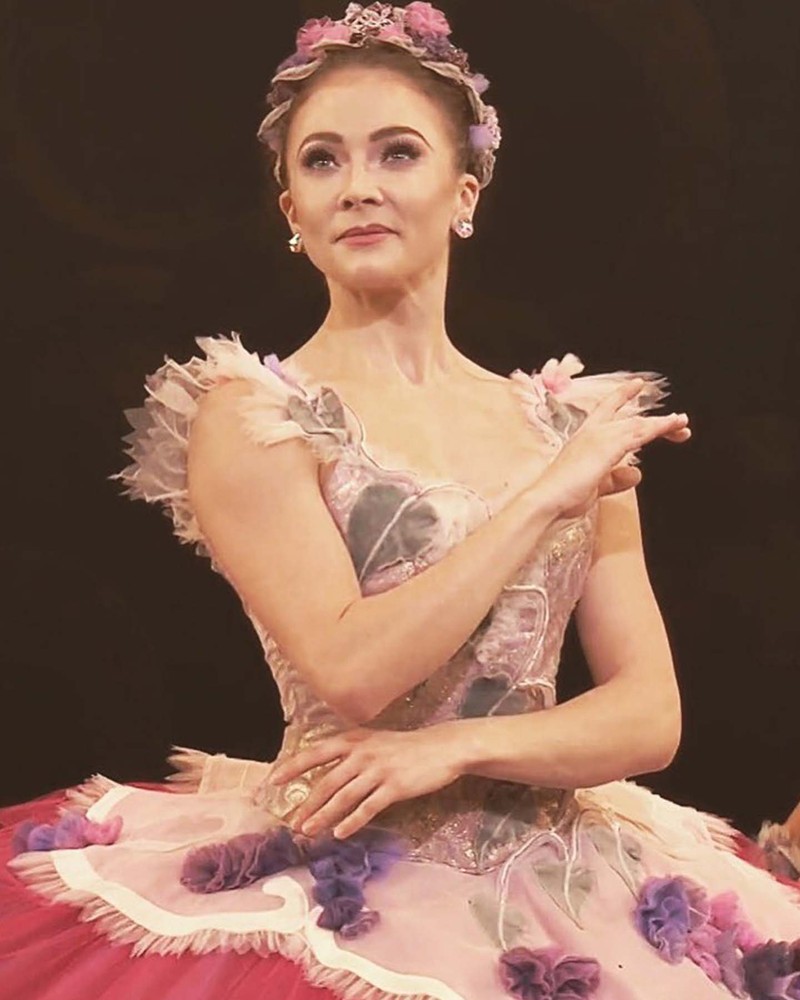
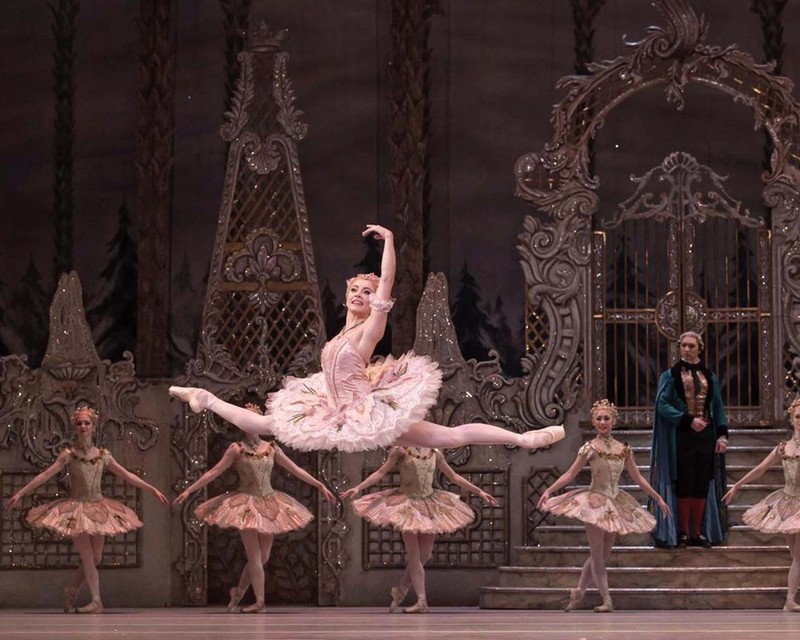
You’re assessed every year before moving to the Upper School. White Lodge is based out in Richmond, and the Upper School is opposite the Royal Opera House here in Covent Garden. Between White Lodge and the Upper School, I tried to take each year as it came – nothing felt like a guarantee and lots of people left – but by the time I reached the Upper School I was certain this is what I wanted to do as a career.
The minute I started third year at the Upper School, I started prepping for auditions. Try-outs for various companies happen at different stages throughout the year, but we knew there was this affiliation with the Royal Ballet, and to some extent English National Ballet and Birmingham Royal Ballet. It just so happened that the director of the Dutch National Ballet in Amsterdam came to watch one of my classes just before the October half term and offered me a job there and then. That offer triggered a loose protocol which meant the head of the Royal Ballet School went to the Royal Ballet company to ask whether they were interested in me as well. They said they were, so I accepted a job with them right before Christmas.
It’s quite common for people to join the company straight away. Many don’t even end up finishing their final year. But I did finish – it was lovely to graduate and have my final performances safe in the knowledge I had a job at the end of it all. That said, I’m aware that I don’t have any of the life experience of going out into the world and auditioning for different companies. It’s what builds character and resilience in a world that can be very cut-throat. But I know I’m also very lucky to be where I am. The Royal Ballet is the place where I always wanted to dance.
On joining the company, I started in the corps de ballet. That’s the group of dancers who are not principal dancers or soloists, and it’s a permanent part of any company. It’s the entry level for many dancers, but it’s a hugely respected part of the company where many stars – including prima ballerinas like Marianela Núñez – started out. You learn so much from being in the corps.
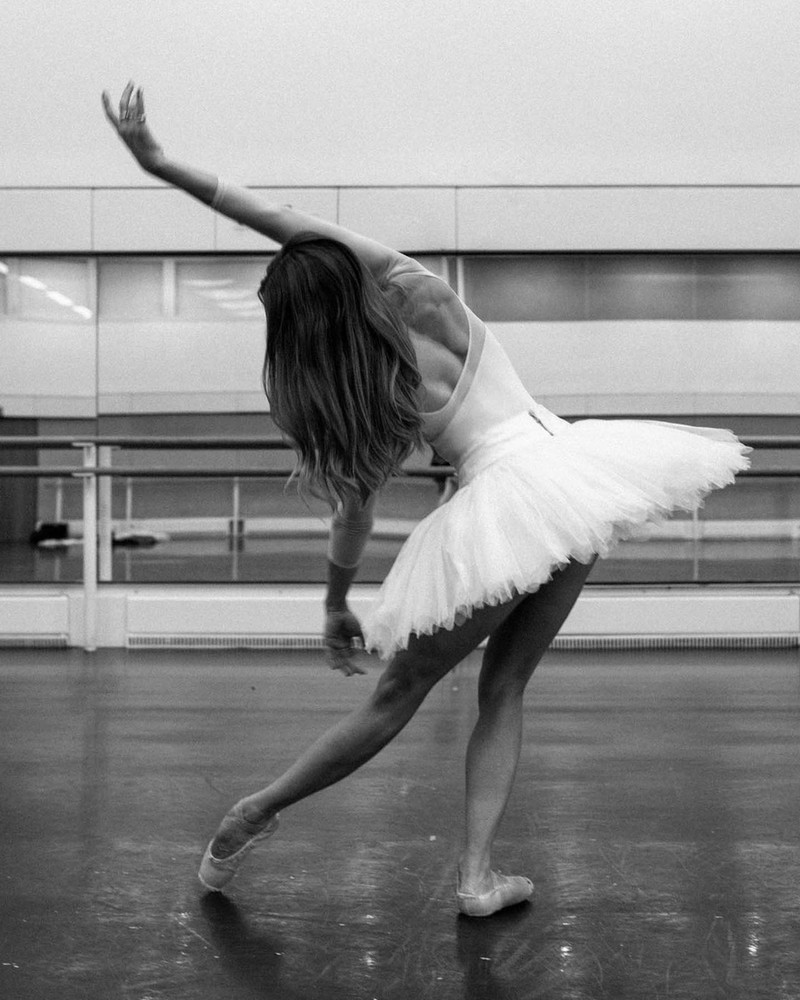
The first big part I was offered was the Lilac Fairy in Sleeping Beauty. It was a big deal because it’s a principal role, she’s a big character in that ballet, and it’s also a very technical solo. Anyone who’s tried to dance it before will tell you it’s hard. Looking back, I’d probably call that my ‘big break’ moment.
It’s not uncommon for soloists to dance a lot of principal roles. Next year, I’ll be dancing the Odette/Odile role in Swan Lake, which is a dream come true. When I joined White Lodge at the age of 11, one of the first parts I danced on stage at Covent Garden was the role of a baby cygnet. The old version of Swan Lake had baby cygnets in it, and they used to recruit them from White Lodge.
Dancing the grown-up part feels like a very special full-circle moment. Who knows if a principal title is in my future? It’s quite normal for first soloists to dance these bigger roles quite a lot of the time and never get promoted, so it’s not something I focus on day in day out – I try to take every opportunity as it comes and learn as much as I can from it.
Injuries are a part of a dancer’s life. My first year as a soloist, I was out for most of it with a knee injury. But in some ways, it helped me slow down a bit and learn some lessons. It’s so important to take care of your body in this job. It taught me a lot about looking after it.
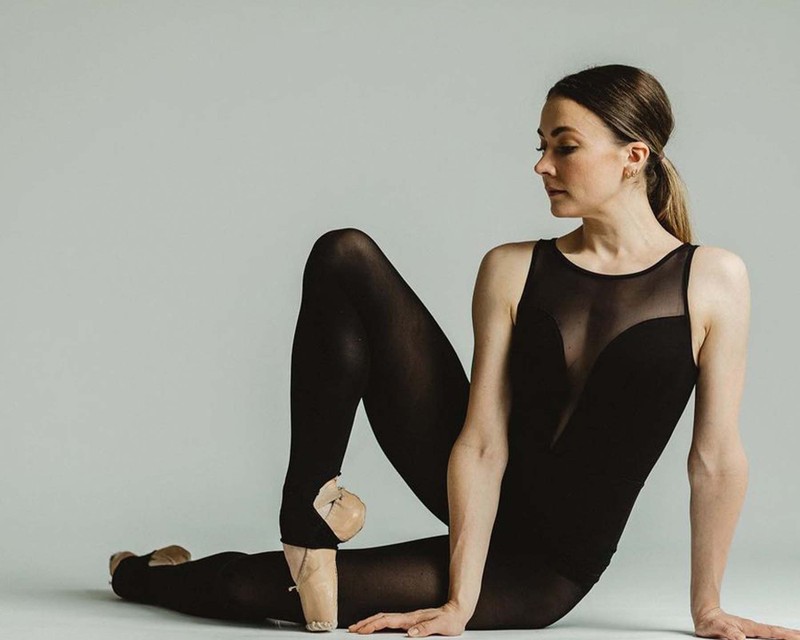
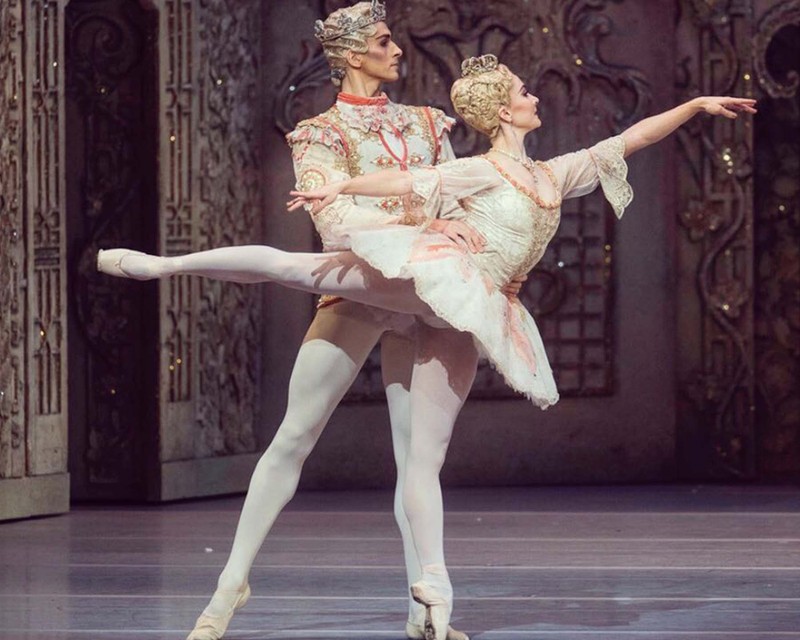
Supplementary exercise is so important nowadays. I now do a lot of strength training and Pilates – both of which help to keep me fit and strong. It never used to be the case that ballerinas did a whole lot of other exercise outside of dance, but again the position on that has changed and a lot of people now recognise that we’re as athletic as swimmers or runners, so we need to be doing all we can to protect and enhance our bodies.
Two weeks ago, I tore my calf. But it’s only a grade-one tear and it’s coming along nicely so it shouldn’t affect the rest of the season. I’m dancing the Sugar Plum Fairy role in The Nutcracker this year, and I’m really looking forward to the New Year’s Eve performance. It’s the ultimate festive role – and one of my personal favourites. Reece Clarke will be dancing the role of The Prince – he’s another wonderful soloist here.
Dancing Nutcracker feels extra special this year. We did manage to get through four Nutcracker shows last year before everything shut down, but in some ways that made it even more devastating than if we’ve never gone on stage at all. The cast was due to change every four days so we could stay in protective bubbles (I was dancing the part of the Rose Fairy at the time) but then everything stopped so suddenly.
To me, The Nutcracker is the very meaning of Christmas – it just doesn’t feel like December if we aren’t dancing it at Covent Garden. We normally do so every year, but sometimes – every ten years or so – we do switch it up. It’s so steeped in tradition though: the dancers are the best in the world, the choreography is so classic, and the sets and costumes are phenomenal. The music, the tree, the glitter – I believe everyone should see it at some point in their lives.
Next year I’m really looking forward to a comeback for theatre. It’s been such a difficult couple of years with all the disruption and so many venues have been adversely affected by the pandemic. We’ve also really missed our audiences. Dancing on live stream is still fulfilling, but nothing compares to having an auditorium full of people.
I’m also getting married next year. My partner [Royal Ballet principal dancer Alexander Campbell] is also in the ballet world, which makes getting the balance right between my career and personal life that bit easier. We’re also very lucky not to have been one of those Covid couples whose weddings were cancelled time and again. Looking forward, I’m crossing my fingers it’ll all be okay.
The Nutcracker is running at the Royal Opera House in Covent Garden until 8th January 2022. Visit ROH.org.uk for tickets and follow @Claire123 on Instagram.
DISCLAIMER: We endeavour to always credit the correct original source of every image we use. If you think a credit may be incorrect, please contact us at info@sheerluxe.com.
